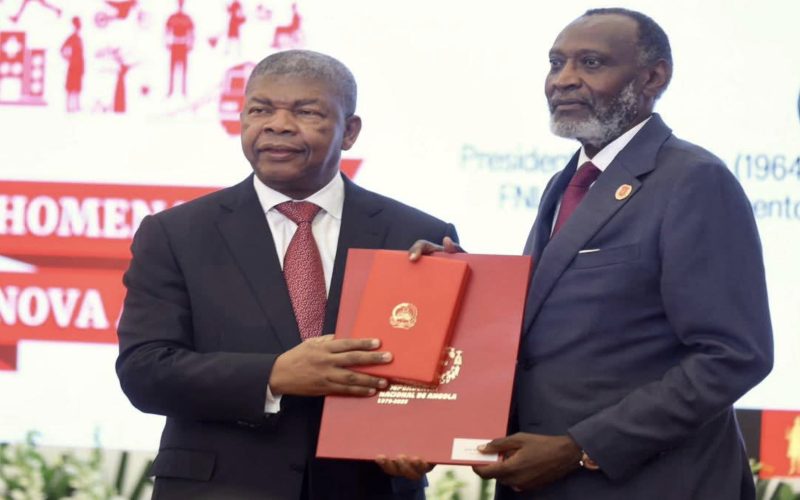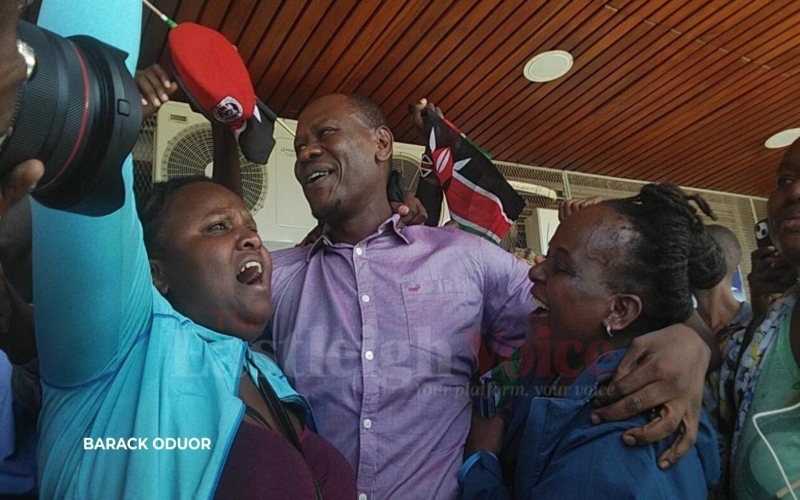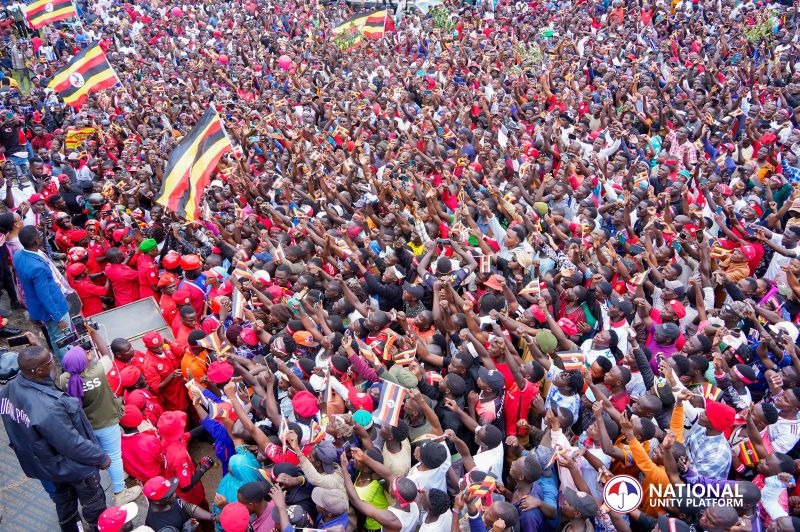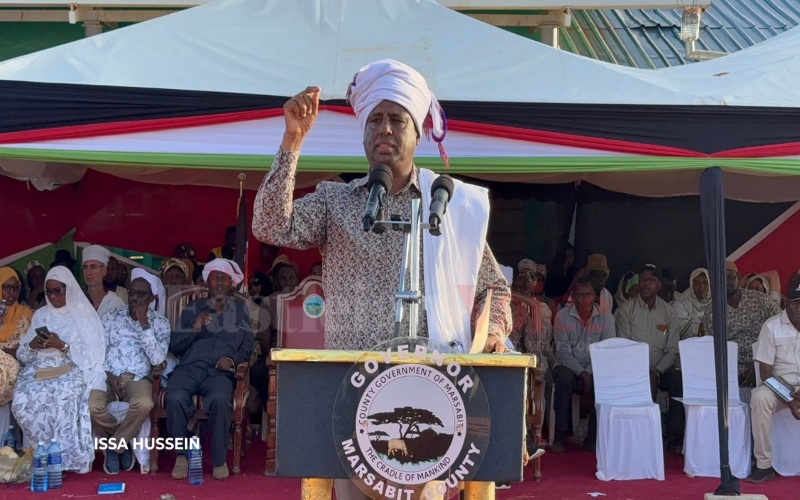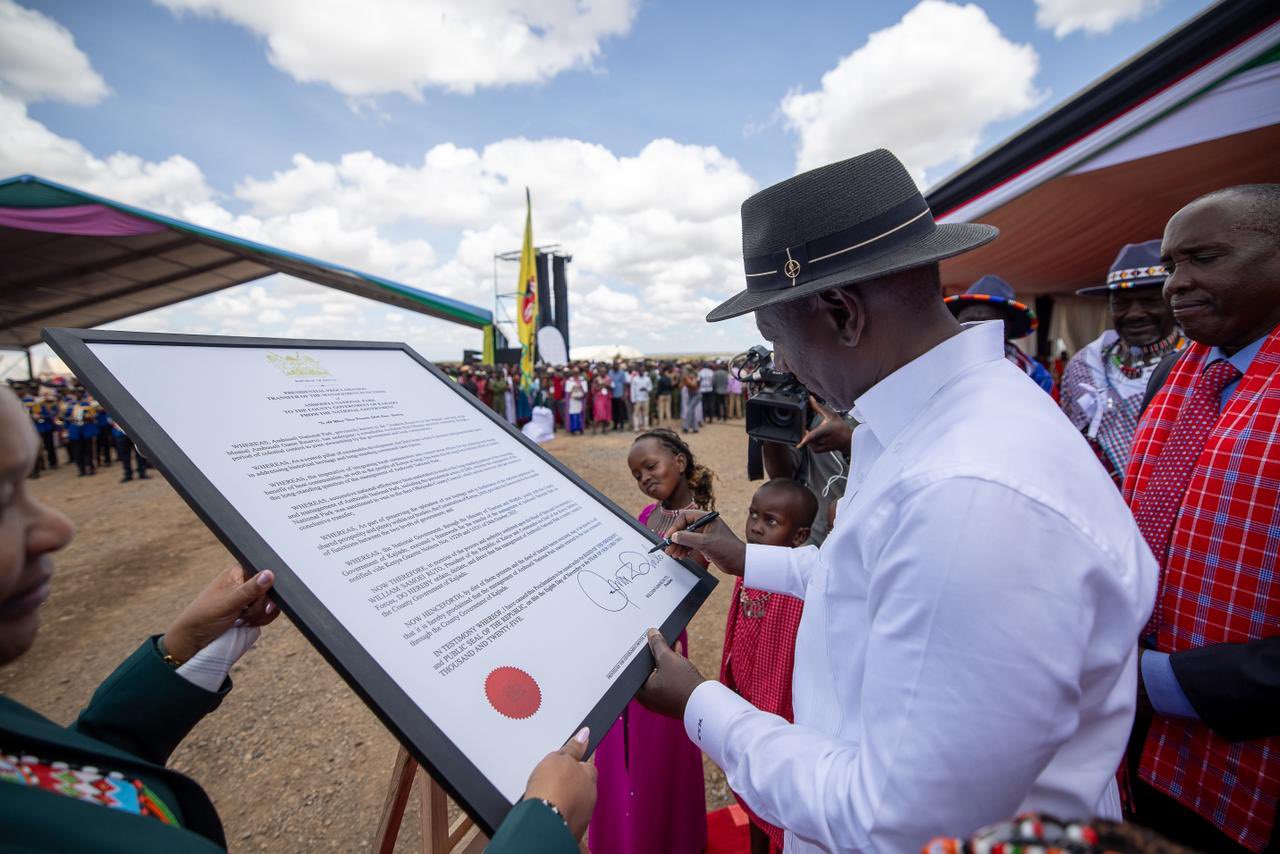Kenya among 7 countries to contribute mission agents to Haiti
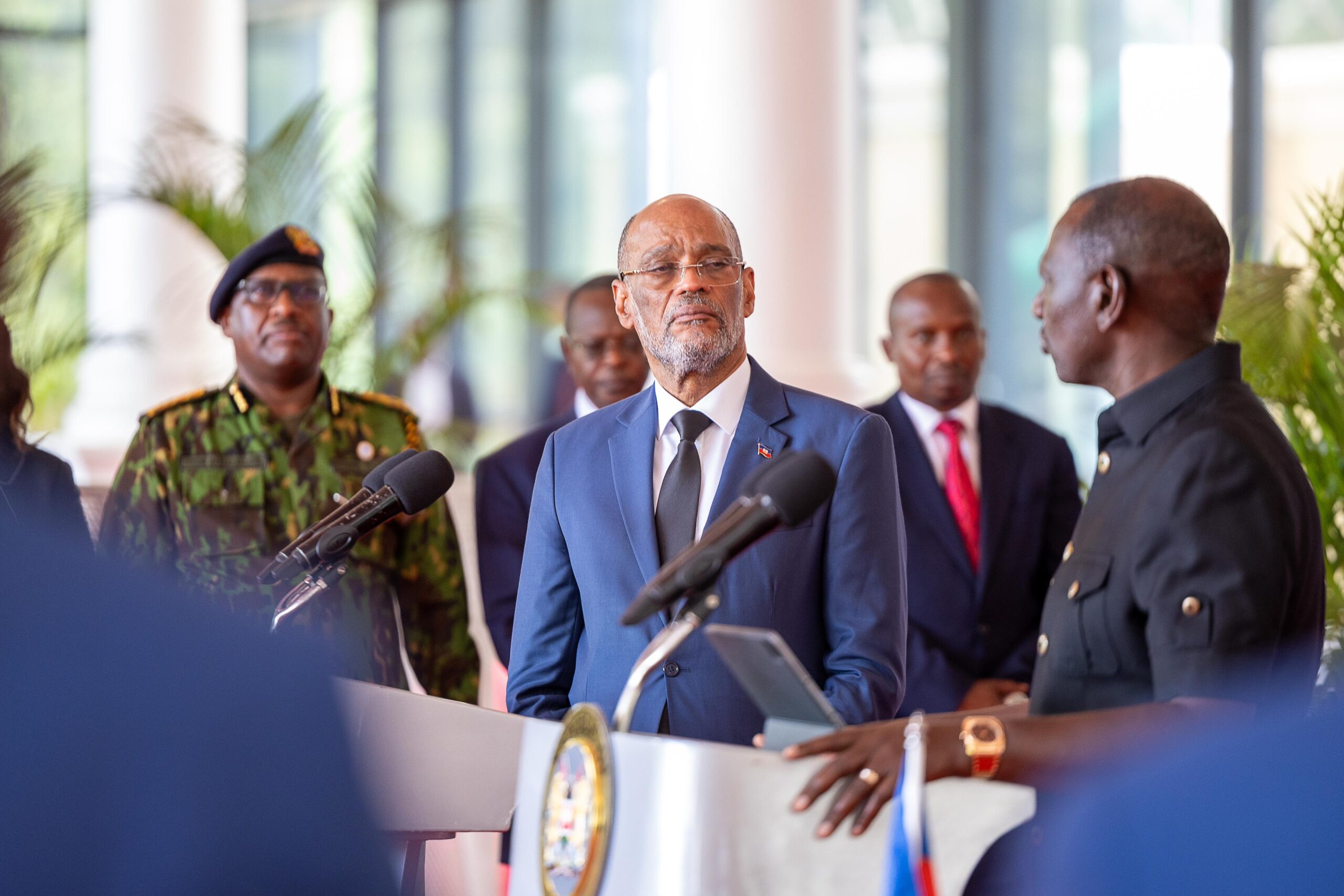
A new Cabinet will form a national security council and appoint an electoral commission to pave the way for elections.
Seven nations from Africa, the Caribbean, and Asia have pledged to contribute personnel to the Multinational Security Support Mission (MSS) in Haiti, aimed at supporting the Haitian police in restoring order and stability to the crisis-torn Caribbean nation.
According to Dominican Today, Kenya (which offered months ago to lead the mission), Benin, and Chad from Africa; the Bahamas, Jamaica, and Barbados from the Caribbean; and Bangladesh from Asia have notified the UN Secretary-General of their willingness to participate in the mission.
More To Read
- At least 20 dead as Hurricane Melissa hits Haiti
- Green light for Gang Suppression Force tells Haitians ‘they are not alone’, Security Council hears
- Gang Suppression Force denies reports of Kenyan police deaths in Haiti
- Haiti is under a UN arms embargo: So why are 500,000 illegal weapons in circulation?
- Security Council renews Haiti sanctions
- 5.7 million people face food insecurity in Haiti
Kenyan President William Ruto emphasised his country's commitment to the mission, stating, "Kenya is ready and willing to send police to help restore order in Haiti. We assure Haiti's Presidential Transitional Council of our full support as it guides the country through this complex interregnum."
The MSS, which will not be a peacekeeping mission but rather a support mission subordinated to the Haitian National Police, faces a significant funding gap. The trust fund established to finance the mission has only raised $18 million, far short of the estimated $240 million needed annually. Canada, the US, and France have contributed the most to the fund, but more donations are urgently needed.
As the situation in Haiti continues to deteriorate, with criminal gangs controlling large parts of the capital, hundreds of thousands displaced, and over 5 million people dependent on humanitarian aid, the international community is urged to act swiftly to support the MSS and help Haiti overcome its crisis.
"We are ready and willing, in concert with a broad alliance of African and CARICOM nations committed to Haiti's stability, to swiftly execute the security support infrastructure envisioned in UN Security Council Resolution 2699," President Ruto stressed.
Countries participating in the mission are also closely following the transition of power in the Caribbean country after Ariel Henry resigned as Prime Minister on Thursday last week. A new council was sworn in to lead the nation gripped by deadly gang violence.
Henry agreed to leave power after gangs blocked him from returning from Kenya, where he had signed the deal to allow a multinational security force to enter Haiti and restore law and order.
The transitional council comprises nine members whose non-renewable mandate will expire on February 7, 2026, when a new president is integrated.
Prior to the inauguration, a new cabinet will form a national security council and appoint an electoral commission to pave the way for elections.
Among the members of the new council is former finance minister, Michel Patrick Boisvert, who currently serves as the interim prime minister.
Top Stories Today
